To encourage exchange and dialogue on migration, asylum and integration, civil society and European Institutions meet every year at the European Migration Forum (EMF). The Forum is co-organised and run by the European Commission - DG HOME, and the European Economic and Social Committee (EESC).
EMF aims to be a truly inclusive platform – before they are chosen, Forum topics are discussed with civil society organisations. The Forum is an opportunity for civil society to express their views, exchange ideas and best practices, as well as discuss challenges and priorities with decision makers at the national and EU level.
Who participates in the Forum?
The Forum brings together a wide range of participants from civil society to relevant national authorities of EU countries, as well as EU institutions.
EU institutions and international organisations
Representatives of the following EU institutions regularly participate in the Forum:
- European Parliament
- European Commission
- European Union Agency for Asylum
- European Economic and Social Committee (EESC)
- the Expert Group on the views of migrants in the field of migration, asylum and integration
- European Committee of the Regions
Apart from the European Union Institutions, international organisations such as the Red Cross, the International Labour Organisation (ILO) and the United Nations High Commissioner for Refugees (UNCHR) previously attended the Forum.
Civil society
EMF organisers select organisations from civil society through an open call. Participants are chosen based on their area of work and experience in connection with the topics that will be discussed throughout the Forum. In the past, civil society and foundations on migration participated, such as: Eurocities, European Council on Refugees and Exiles, Save the Children, New Women Connectors, New European Business Confederation and SOLIDAR.
Forum organisers also invite Asylum, Migration and Integration Fund (AMIF) - awarded projects to present their work and share best practice.
What happens at the Forum?
Each EMF agenda is unique and Forum topics vary every year. However, discussions and events are standard. Participants attend:
- keynote speeches
- panel debates
- workshops
- presentations of best practices and projects at the Networking Village
- the session “The Floor is Yours” where participants suggest further topics to discuss in parallel break-out sessions
- reception events with further networking opportunities
For more info on the agenda and outcomes of past EMFs, please consult the below section "Themes and outcomes of the European Migration Forum meetings".
What happens after the Forum?
With EMF’s diverse list of participants, discussion flourishes and Forum outcomes result from combining experience gathered both at decision-making level and work “on the ground”.
Because EU institutions organise and actively participate in EMF, they always strive to utilise the Forum’s outcomes for shaping future EU law and strategy on migration, asylum and integration. As an example, the “10 Recommendations adopted by the Forum” from the 5th EMF were considered in the European Commission’s Action Plan on Integration and Inclusion.
The EMF Bureau
Before the actual Forum event takes place, the EMF Bureau takes care of meeting agendas and organises the work of the Forum itself. The Bureau has six members:
- one representative from the European Commission
- one from the EESC
- four members of civil society organisations (two coming from national-level organisations and the other two from EU-level organisations)
The civil society members of the Bureau are appointed for two years following an election that takes place during the Forum. The Bureau meets a maximum of 4 times a year, either in-person or online.
Themes and outcomes of the European Migration Forum meetings
- 8th EMF meeting (December 2023): Migrants in Europe today: specific needs, skills and communication for stronger inclusion (Agenda - Report)
- 7th EMF meeting (October 2022): Youth inclusion: key to successful migrant integration (Agenda - Report)
- 6th (virtual) EMF meeting (October 2021): From pandemic to recovery: challenges and best practices in migration management (Agenda - Report)
- 5th EMF meeting (April 2019): From global to local governance of migration: How to ensure safe and regular pathways to the EU (Agenda - Report)
- 4th EMF meeting (March 2018): Towards a more inclusive labour market for migrants: Seizing the potential by addressing the challenges (Agenda – Report)
- 3rd EMF meeting (March 2017): Migrants' access to the EU, to rights and to services - Challenges and ways forward (Agenda – Report)
- 2nd EMF meeting (April 2016): Long-term approach to sustainable labour migration and successful integration (Agenda – Report)
- 1st EMF meeting (January 2015): Safe routes, safe futures. How to manage the mixed flows of migrants across the Mediterranean? (Agenda – Report)
Videos from the 8th EMF meeting
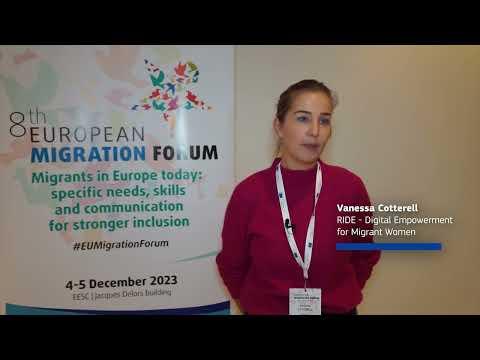
#EMF23 Let’s talk RIDE project | These EU projects are helping migrants and refugees to integrate#EMF23 Let’s talk RIDE project | These EU projects are helping migrants and refugees to integrate 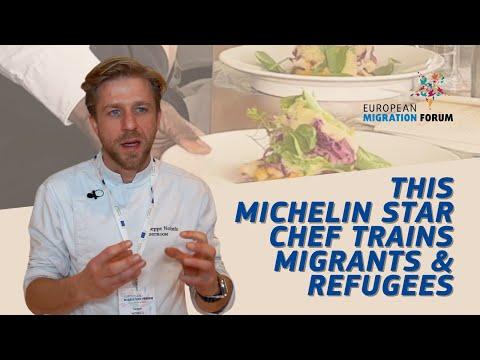
#EMF23 Let’s talk INSTROOM ACADEMY | These EU projects are helping migrants & refugees to integrate#EMF23 Let’s talk INSTROOM ACADEMY | These EU projects are helping migrants & refugees to integrate
Videos from the 7th EMF meeting
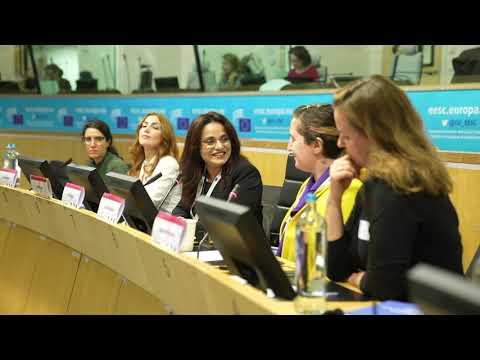
7th European Migration Forum7th European Migration Forum 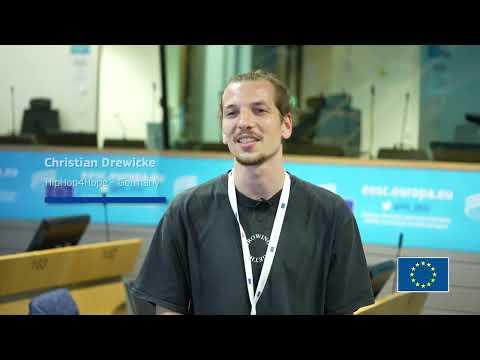
Let’s talk about the 7th European Migration Forum - Christian DrewickeLet’s talk about the 7th European Migration Forum - Christian Drewicke 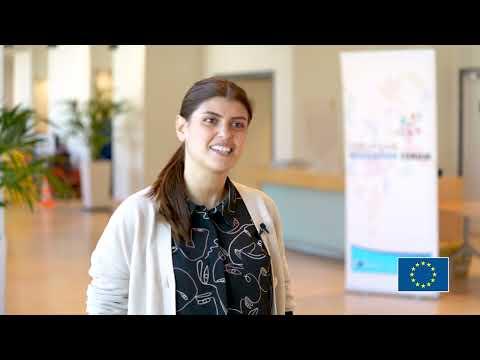
Let’s talk about the 7th European Migration Forum - Razan IsmailLet’s talk about the 7th European Migration Forum - Razan Ismail 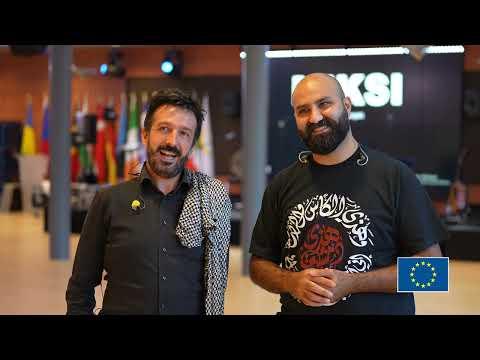
Let’s talk about the 7th European Migration Forum - MIKSI projectLet’s talk about the 7th European Migration Forum - MIKSI project 
Let’s talk about the 7th European Migration Forum - Fridoon JoindaLet’s talk about the 7th European Migration Forum - Fridoon Joinda 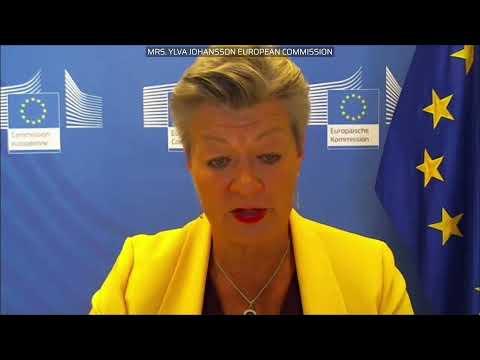
Commissioner Ylva Johansson at the European Migration ForumCommissioner Ylva Johansson at the European Migration Forum
